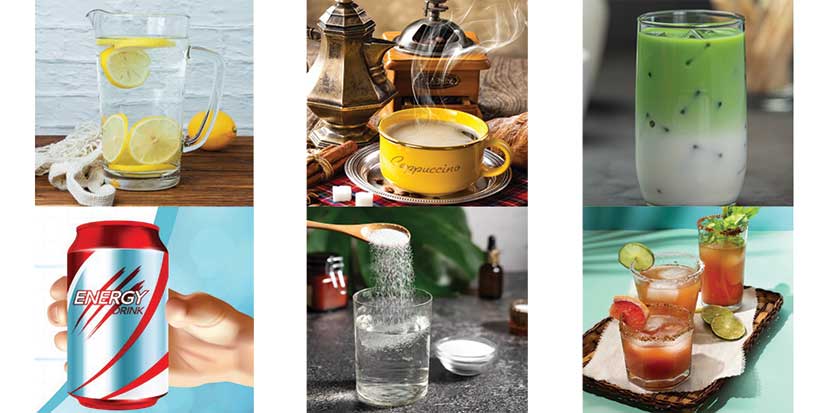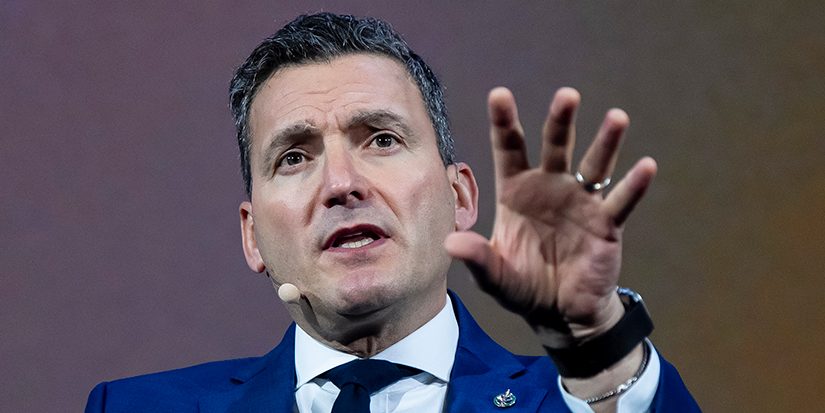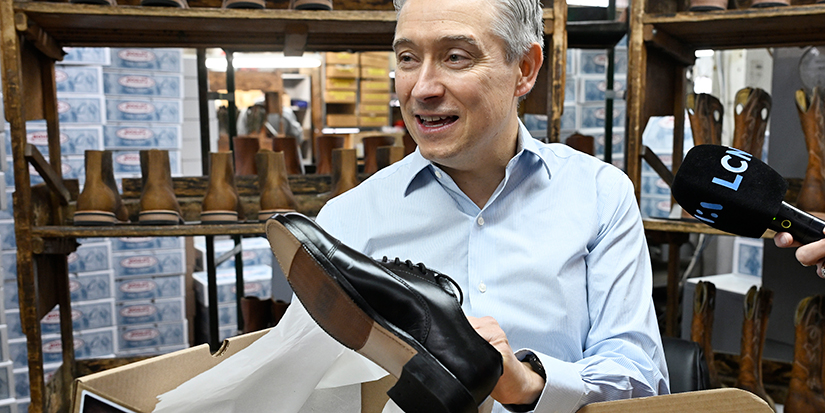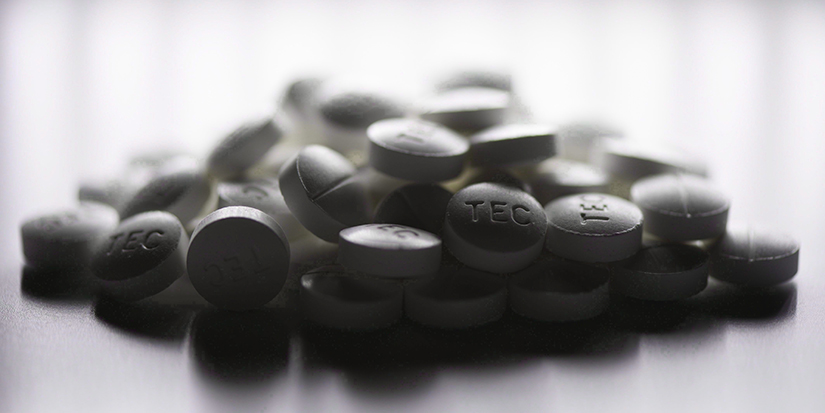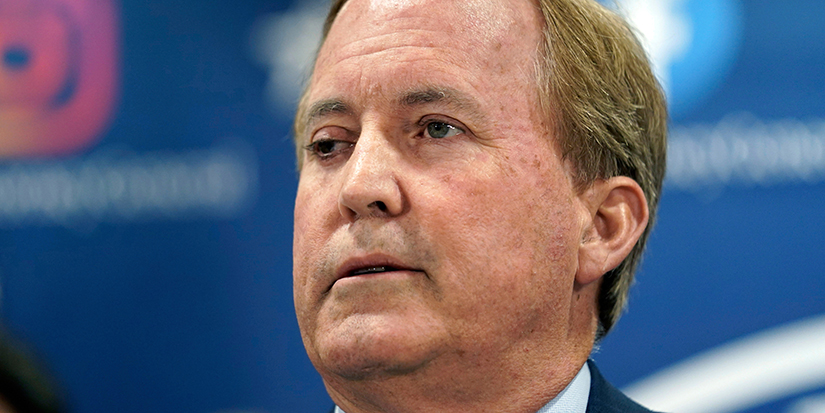Latest News
About hydration

Published 11:27 PDT, Fri April 12, 2024
—
In this edition of Richmond Stories, Richmond Sentinel host Jim Gordon (JG) sat down with best-selling author, registered dietitian Rika Mansingh (RM) to discuss the topic of hydration.
Jim Gordon (JG): Rika in our last interview we talked about “you can make the change”. Today, I understand we’re going to talk about something that really interests me as well, and that is hydration, and the fact that people do not hydrate enough. Let’s start with, how important is it and, how much water does someone have to drink per day – is it six to eight glasses?
Rika Mansingh (RM): First of all, let’s talk about why it’s so important. For overall cognitive functioning, we need to be well hydrated and what is so interesting is that studies have found that even mild dehydration can impair cognitive performance, create difficulties with learning, memory, and increases confusion.
A person can be prone to headaches and fatigue—dehydration can worsen the situation and we don’t realize it; we get a headache, take medication, instead of asking ourselves how many glasses of water did I have the day before. It’s good to be mindful about that and you’re right Jim, six to eight glasses of fluid in a day is okay. That is the 250-millilitre glass, about a cup size, so 1.5 to 2 litres of water are good in a day.
Water is the best way to hydrate, it’s calorie-free and guilt-free. If you feel your water needs a boost, you can add some mint leaves, blueberries, or cucumbers. My favourite is lemon slices. Lemons have antioxidants and bioflavonoids, which reduce inflammation, they flush out toxins, they’re good for digestion, and also help prevent fatigue.
JG: Is it possible to over hydrate?
RM: Yes, over hydration, even though it’s not common, can occur. If a person is having more than two litres of fluid over a shorter period of time and if they are not exercising the excess fluid can exert a greater workload on your kidneys and that can dilute important electrolytes like your sodium, potassium, and magnesium. We need these electrolytes to stay in balance to help our nerves and muscles function better and to also prevent dehydration.
JG: I’m about eight days into no coffee, I’m usually a one coffee a day, I just got tired of paying for almond, soy, and coconut milk with my coffee. How many cups of coffee a day should one drink?
RM: About three to four cups of coffee, which equates to about 400 milligrams of caffeine is regarded as okay. But, we need to be mindful to manage the amount of caffeine because, caffeine is going to make your brain less sensitive to its natural stimulants like adrenaline and dopamine. What will happen is you will crave more caffeine to keep making your brain release those stimulants, eventually you will feel depleted and exhausted. Coffee contains three stimulants, caffeine, theobromine, and theophylline, what that does is, it interrupts your sleep.
JG: In your book, you highlight green tea and matcha as a brain’s cup of tea, what makes matcha tea stand out and why is it considered special for brain health?
RM: Matcha tea contains something called EGCG which is epigallocaticin-3-gallage, it boosts neurogenesis, increases your brain cells, repairs damaged brain cells, and reduces inflammation. Matcha tea also has an amino acid called L-theanine, which keeps a person calm, focused, and relaxed. The caffeine in matcha tea is very little, is released gradually over a slower period of time so you feel calmer and relaxed.
JG: What are your thoughts on energy drinks?
RM: We have to be mindful of energy drink’s caffeine and stimulants which make our brain less sensitive to stimulants. They also tend to have a lot of sugar or artificial sweeteners which can disrupt the good bacteria in our gut making us crave sweeter foods and cause us to gain weight. When it comes to fruit juices, even if it says 100 per cent fruit juice, it’s best to go with fruit instead. Another popular drink is a breakfast smoothie. It’s an excellent way to hydrate but has lots of calories so wise to add just one portion of fruit, more veggies and protein powder.
JG: A lot of people drink orange juice in the morning, if it says not concentrate, is that still not terribly healthy?
RM: I’d say dilute your fruit juice as much as you can. If you had to choose between fruit juice and the fruit I suggest do the fruit, then drink a glass of water with lemon in it.
JG: The trend of adding salt to water, is this advisable and are there benefits or drawbacks?
RM: It’s a very recent common practice and I have journal articles about it through Dietitians of Canada. A lot of people are adding salt to their water to keep their electrolytes in balance. If you’re exercising that’s okay. If you’re not exercising, it’s not a good idea to add salt to every cup of water you’re having. You have to be very cautious because excess salt can aggravate or influence your blood pressure, hypertension. We don’t want more than 2,300 milligrams of sodium in a day, that’s about a teaspoon full.
JG: In an earlier segment, we talked about New Year’s resolution and giving up alcohol. Can you give us some tips to support people with their goals?
RM: With a focus on health, the latest research is supporting the idea that alcohol is carcinogenic, it’s known that six drinks per week can increase your risk of breast cancer by 40 per cent and 10 drinks per week can increase your risk by 70 per cent. There are many non-alcoholic wines or beers or cocktails. When it comes to cutting back on alcohol, it’s important to have creative visualization, a person has to actually visualize themselves going to a restaurant, ordering a mocktail, having a social interaction, enjoying their night, sleeping well and waking up with energy. The key thing is focusing on what you want and not what you don’t want. I like to think about Albert Einstein’s quote he says “Imagination is everything, it is a preview to life’s coming attractions”. When you imagine yourself in a better mood, your subconscious will work in a way to make that vision of yourself a reality but, you have to imagine it first.
To watch the full interview, visit richmondsentinel.ca/videos
